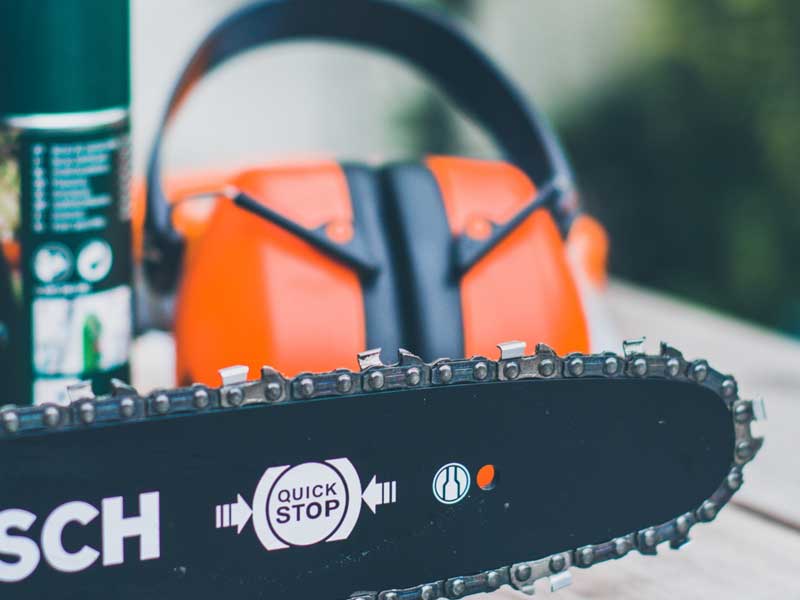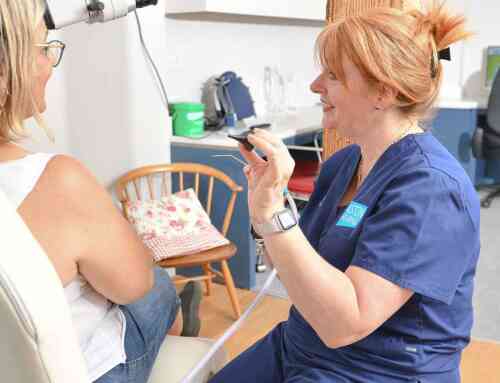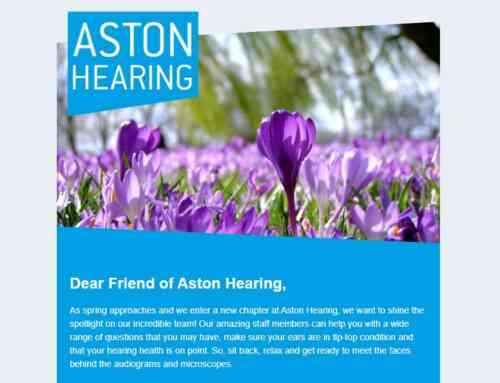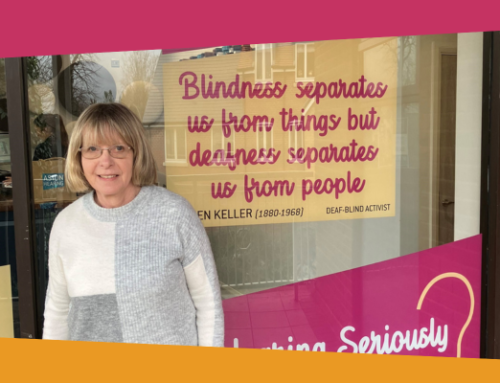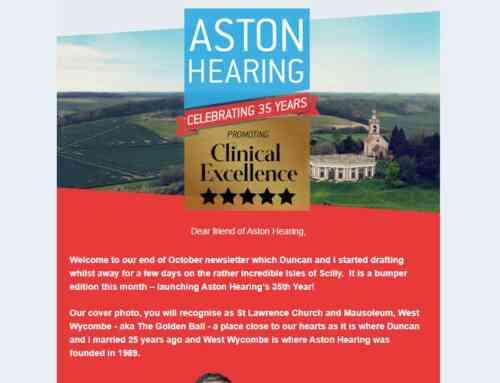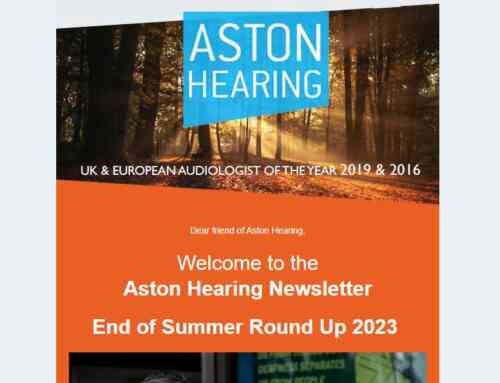The risks of your hearing not being protected at work include ear damage and hearing loss, Sudden Sensorineural Hearing Loss (SSHL) and tinnitus. Protect your ears from over-exposure to noise because otherwise the consequences can be life changing.
Find out if you need ear protection by asking what the average levels of noise you are exposed to throughout your day at work are. The safe exposure limit is calculated from a combination of exposure time and sound intensity so the louder the sound, the less time you should be exposed to it. For example you could listen to 80dB for 8 hours but 110dB for only 30 seconds
Noise regulations – Work noise regulations mean employers must provide hearing protection if employees are exposed to noises which reach 85 decibels daily or a weekly average exposure of 85 decibels. If workers are exposed to noise which reach 80 decibels on a regular basis, employers must legally provide training and education on noise pollution and also regularly assess the levels and associated risks.
Protection decibel rating – Hearing protection will have a decibel rating which shows how much noise is being reduced through wearing the protection. Once you know the type of protection you need at your workplace, you can more easily choose the right type of ear protection.
Wear it correctly – If hearing protection is recommended wear it correctly because for it to be effective you must wear it correctly 100% of the time that you are exposed.
Earmuffs are used across many industries and are effective because they comprise ear cups lined with sound-deadening material which absorbs sound waves preventing hearing damage. Because they are easy to use, they are ideal for intermittent use, and for construction and landscaping work especially in cooler climates. However they usually offer less protection than ear plugs because they sit over the ears, rather than directly in the ear canal, can be uncomfortable in hot weather and can lose effectiveness when worn together with other protective wear such as safety glasses and helmets.
Good quality custom-made ear plugs will enable you to still hear everything clearly, although the overall sound level is reduced, which maybe important for example for musicians. As custom-made ear plugs fit directly into your own shaped ear canal, ear plugs offer greater protection than ear muffs so are best for very loud workplaces such as factories. Ear plugs are also very light, have a subtle appearance and work well with other protective safety wear. Ear plugs should not be worn if you have an ear infection.
Non-custom made earplugs might be made from memory foam or silicone and are likely to have a tapered shape to try to obtain a seal or may have a flange too and are probably disposable but they may not give full protection as they haven’t been made specifically for our own unique ear canal which differs from person to person.
Can you be overprotected? – Being overly protected and having limited hearing can lead to feelings of isolation and may also disturb communication in the workplace, possibly affecting both mental health and work efficiency. You should aim to be able to hear at 70-75 decibels whilst wearing hearing protection so you can still hear colleagues despite being in a loud environment.
WHAT ELSE CAN WE DO TO PROTECT OUR HEARING..?
Turn the volume down – The World Health Organisation has found that approximately 1.1 billion teenagers and young adults are at risk for noise-induced hearing loss due to the unsafe use of audio devices including smart phones and damaging levels of sound at entertainment venues. Furthermore, many workers listen to music dangerously loudly to drown out any loud background noises, putting further strain on their ears and hearing.
Look out for stress – Being exposed to loud sounds at work can increase your stress levels and stimulate an already sensitive hearing system. Make sure your workplace is doing everything they can to minimise your stress and exposure to sound.
Give your ears time to recover – Statistics show that your ears need around 16 hours to fully recover just from a loud night out. This is something to bear in mind if you’re someone who works in a loud environment. Make sure you give your ears a break once you come home from work, perhaps read a book or a magazine to give your ears the downtime they need before going back to a noisy work.
Keep your ears dry – ear infections frequently develop because of continuous exposure to water for example in swimming or diving instructors. Use a clean towel to dry your ears every so often to protect against ear infections.
Be active – Exercise is excellent for your ears and your hearing because it increases the blood flow to the ears which helps to keep them healthy.
Get your hearing checked on a regular basis so you can rest assured you are not damaging your ears or hearing by working in a place with high noise exposure.

